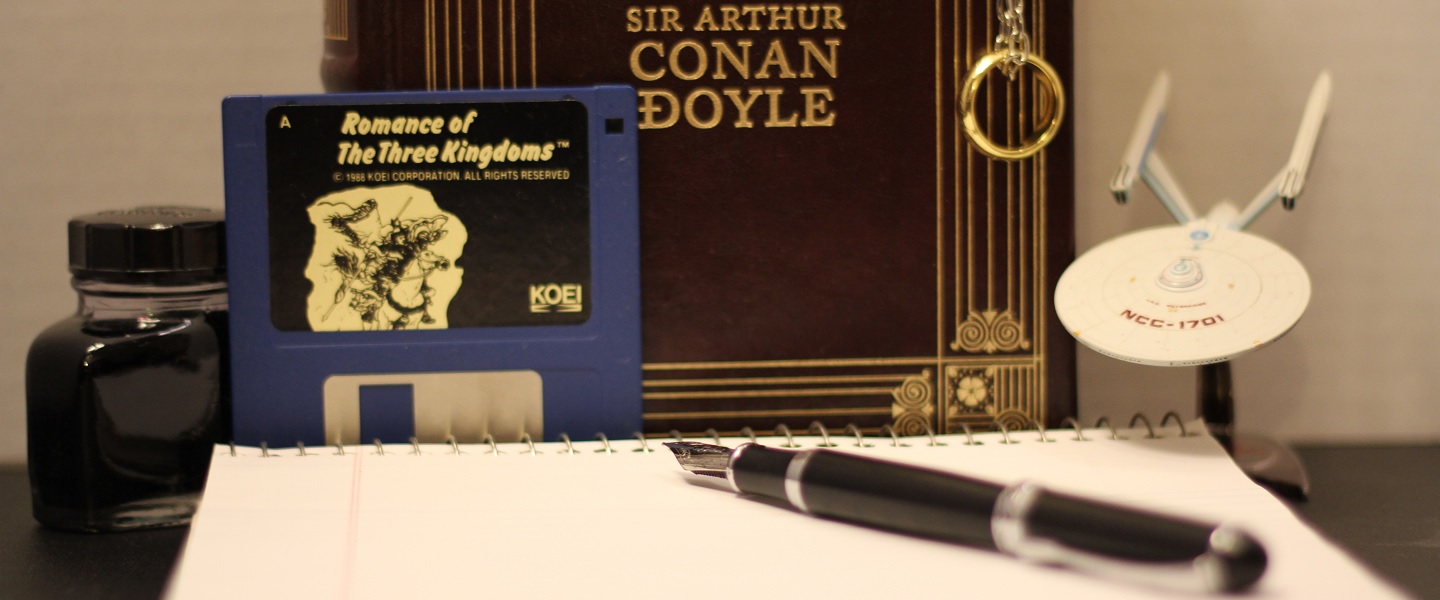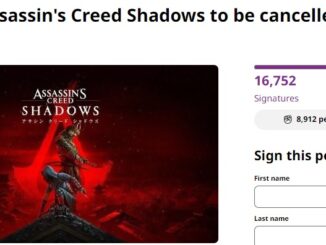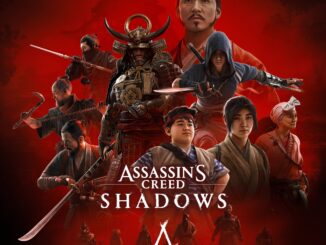
The major controversy surrounding Ubisoft’s Assassin’s Creed Shadows and Yasuke, one of the main protagonists, has resulted in author Thomas Lockley deleting all of his social media accounts. Lockley, whose book about Yasuke was referenced by prominent websites such as IGN as “proof” that Yasuke was a real samurai. However, so-called video game journalists didn’t bother to do their research and properly vet Lockley’s work as a credible source as they parroted Ubisoft’s false claim that he was a real samurai.
When it comes to Lockley, the issue isn’t that he wrote an historical fiction novel about Yasuke. Anyone with a modicum of common sense could tell that his work was speculative fiction rather than nonfiction history. The difference between the two genres is the same as night and day, especially when one realizes that the author utilized the same scant credible resources to make his own assumptions and then weave a fantastical story of a romanticized version of Yasuke that was not based in facts, but conjecture. Lockley’s issue was in trying to promote his fiction as real history and going so far as to allegedly edit Yasuke’s Wikipedia page, colluding with Nihon University, and even releasing an edited version of his book for the Japanese market.
What Lockley has done is entirely unethical, manipulative, and deceptive, though confusing, as the author has even admitted that his work is speculative rather than authoritative. And so, one could argue that what Ubisoft and video game journalists have done equals, if not surpasses, Lockley’s transgression for differing reasons.
When announcing Assassin’s Creed Shadows, Ubisoft immediately made the claim, in its press release, that declared Yasuke was a real, historical samurai.
“Players will step into the roles of a Japanese shinobi, Naoe, and – in a series first – a real-life historical samurai, Yasuke.”
From that single statement, video game journalists ran with the narrative as we can see from IGN’s first paragraph of a post titled “Who is Yasuke? Assassin’s Creed Shadows’s Black Samurai Explained,”
“But Shadows has a second protagonist: an African samurai. If you’re surprised to see a man of such origins wielding a katana, you may not know his fascinating true story. This is Yasuke, Japan’s first Black samurai, and the first real historical person to be a playable protagonist in an Assassin’s Creed game.”
Throughout the article, IGN used the same, small selections of historical writings that referred to Yasuke, which doesn’t confirm him as a Samurai, while referring to Thomas Lockley and the book he co-authored titled “African Samurai: The True Story of Yasuke, a Legendary Black Warrior in Feudal Japan” four times throughout the piece. Rather than verify that Lockley was a credible source, or whether or not it was an historical fact that Yasuke was a samurai, IGN and other journalists never bothered to do their due diligence.
Instead, journalists relied on Ubisoft’s claim, which has a history of lying to consumers in order to garner pre-order sales, and an author who spun and promoted his own narrative about an historical figure. To the point that Lockley allegedly edited Yasuke’s Wikipedia page to make his work and speculation an “authoritative” source for people to cite.
And cite his work, the video game journalists did.
Which is not surprising, given a vocal minority in the West’s predilection for anything that promotes Diversity, Equality, and Inclusion (DEI). There is nothing wrong with wanting to see more video games with, or spearheaded by, other races that are not white. The problem here is that, in the pursuit of being woke and “progressive,” established gaming websites forget that a journalist should base their work on facts and not speculation. That they need to do their due diligence even when it comes to video games and not spew something as historical fact when that isn’t the case (currently, a Japanese politician is looking into Ubisoft and Yasuke).
Instead, they spun the narrative that racist gamers were hating on Yasuke because he was black. Which was never the case as evidenced by the popular video games, anime, and shows which featured him as a fictional samurai.
Key word being “fictional.”
The fact that video game journalists are unable to discern the difference between historical fiction and nonfiction history is a prime example of what is wrong with the video game industry. Either these journalists are stupid, don’t care, or did not want to refute Ubisoft’s claims because it aligns with their perceived values rather then recognize that Assassin’s Creed Shadows is actually racist and an example of cultural appropriation. Which means that the industry is being shaped by the unintelligent, the lazy, and the fanatical who don’t care about truth, only the narrative.
We see the latter happening all the time now throughout every form of entertainment. For example, not a single mainstream journalist pointed out that GLAAD’s “The State of LGBTQ Inclusion In Video Games,” was a manipulated study due to a boosted sample of LGBTQ+ gamers. We see a similar thing with movies such as The Woman King, shows like Vikings: Valhalla and The Witcher, to the classical works of Roald Dahl and Agatha Christie; the purposeful editing for the sake of the DEI and woke narrative is ongoing and propped up by journalists. For over a decade, video game journalists have been swinging their controllers, which they don’t know how to use, around their heads like a flanged mace – ready and eager to beat down anyone who dares to question their narrative, their ethics, and their work (look at Stellar Blade as a recent example of this).
Thomas Lockley and Ubisoft’s Assassin’s Creed Shadows brings this fact out in the open to a much greater degree than GamerGate, and other similar movements, that were unable to fully expose the issues residing within the industry because of the power and influence of the established media. But regular people are starting to take notice of this.
Video game websites and journalists, just like mainstream media, are no longer the trusted arbiters when it comes to video games. They haven’t been for a long time. The problem is, will gamers finally do something about it to finally break the hold that video game journalists have on our industry?
Will you do something about it?
Author’s Note: Support this site by donating via Paypal or even checking out our merchandise on RedBubble where you can find designs that cater to writers and readers. Money donated and raised goes into paying for this website and equipment.







[…] [ July 16, 2024 ] Video Game Journalism’s Infatuation With Thomas Lockley’s Yasuke Narrative… […]
[…] [ July 16, 2024 ] Video Game Journalism’s Infatuation With Thomas Lockley’s Yasuke Narrative… […]
[…] [ July 16, 2024 ] Video Game Journalism’s Infatuation With Thomas Lockley’s Yasuke Narrative… […]
[…] [ July 16, 2024 ] Video Game Journalism’s Infatuation With Thomas Lockley’s Yasuke Narrative… […]
[…] Video Game Journalism’s Infatuation With Thomas Lockley’s Yasuke Narrative Is Indicative Of The … […]
[…] entire country as it sought to revise Japan’s history with the help of charlatans, grifters, and clout-chasing click-baiters seeking to cash in and benefit from DEI themselves. Otherwise, why would Ubisoft cancel its […]
[…] course, video game journalists were quick to screech that anyone who questioned the authenticity of the “Yasuke is a samurai” narrative was a […]